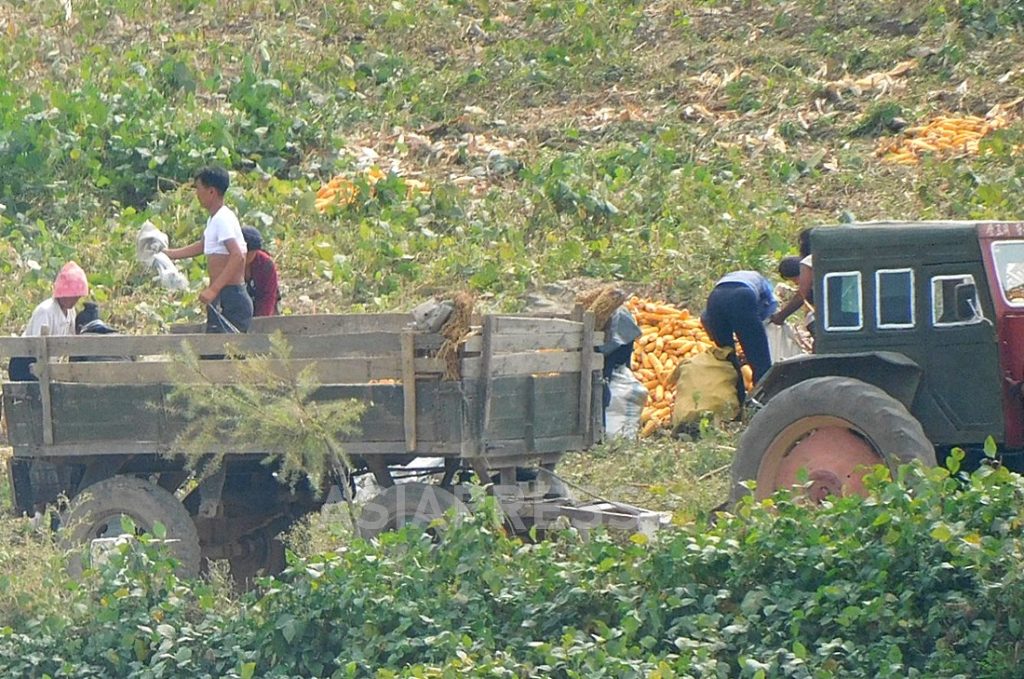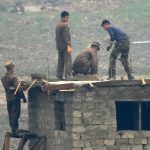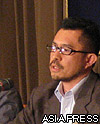
◆ Farm Autonomy Expanding: Investigations Reveal Changes
Agricultural enterprises are being promoted as part of Kim Jong-Un's agricultural policy reforms, according to revised laws and on-site investigations. Farms have gained greater management autonomy, while principles of Kim Il Sung's "Juche farming methods" are being increasingly disregarded. This report examines the current state of farms from a production perspective. (JEON Sung-jun / KANG Ji-won)
◆ Farms Legally Designated as Enterprises
North Korean authorities revised the Farm Law for the fourth time in the 2020s in November 2021.
Article 2 of the law defines farms as follows:
"Farms are socialist agricultural enterprises that conduct agricultural production and management activities using land as the primary means of production."
This phrasing first appeared in 2015 with the term: "socialist agricultural enterprise."
Legally designating farms as enterprises appears intended to fundamentally change their status and nature as agricultural production entities. In other words, the regime aims to increase food production efficiency through the corporatization of farms.
ASIAPRESS has been investigating two farms in North Hamgyong Province to understand what specific changes have occurred in farm operations following these legal revisions.
Of the two investigators, Mr. A is a farm worker, while Mr. B is an urban resident who has been continuously monitoring a nearby farm. Both target farms are typical northern farms with approximately 500 workers each, primarily growing corn rather than rice.
◆ Greater Management Autonomy Brings Increased Responsibility
In early February, investigator A reported:
"Now farms are instructed to operate production activities independently and autonomously. Farms must use surplus production beyond state quotas to secure their own farming supplies, seeds, and fuel for agriculture."
This suggests a shift from the past principle of receiving all farming supplies from the state to fulfill plans, toward operating like businesses that must balance income and expenses. The expansion of farm management autonomy is resulting in reduced state involvement in agricultural production while strengthening farms' responsibilities and roles.
◆ Farms Now Choose Their Own Seeds
Regarding seed selection and field implementation—a crucial element of farming—investigator A reported in late February 2025 that farms have been given seed selection rights.
"The difference now is that farms are responsible for seed selection and grain management, handling these tasks independently to fulfill quotas. Previously, seeds were provided by the state, but now farms must purchase their preferred varieties directly from state-run seed farms."
Investigator B confirmed similar information in mid-March:
"This year, farms are directly visiting seed farms to secure seeds, exchanging 1.5kg of food for 1kg of seeds."
In a report sent in July 2024, B had noted:
"Early this year (2024), seed revolution was emphasized through directives from the Ministry of Agriculture, encouraging farms to boldly request seed changes based on local soil conditions."
This represents a clear change from the past when the state directly determined which crops to cultivate and supplied the seeds.

























